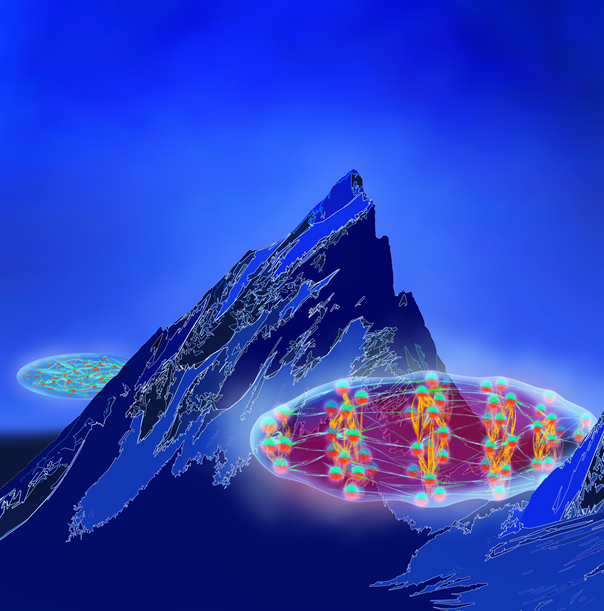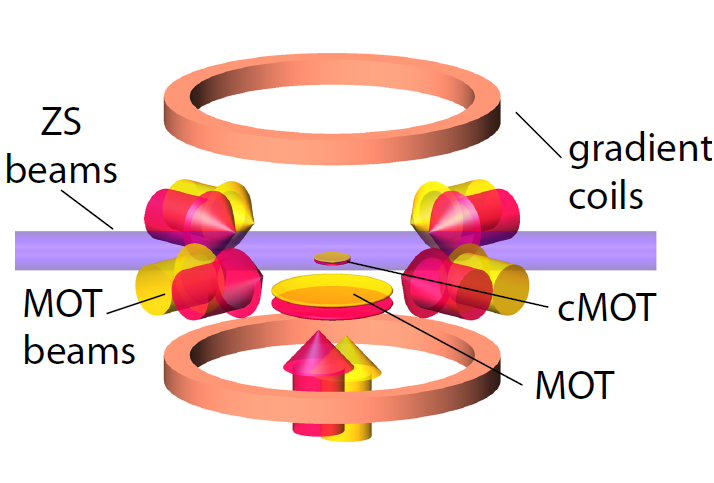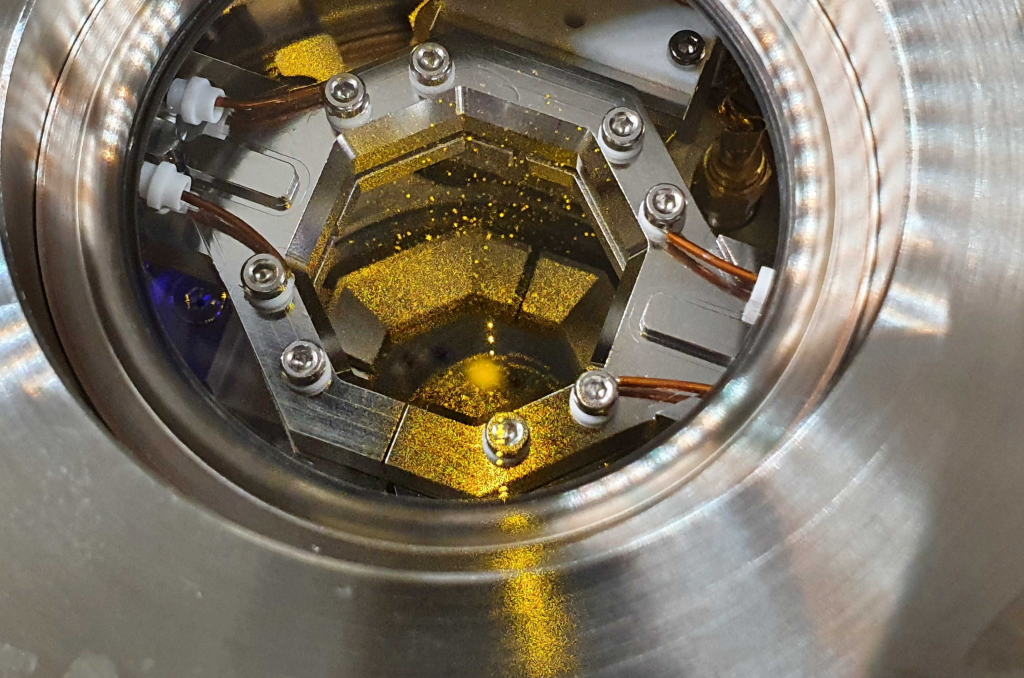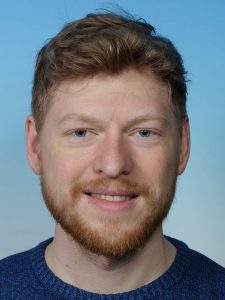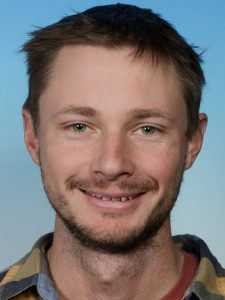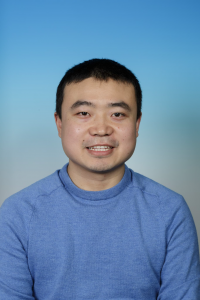
“Dance your PhD 2025” contest by Science and AAAS
Congratulations to our PhD student Arfor, who turned our research topics into a dazzling music video!

Long-Range Interactions Workshop 2025
Register now for the Long-Range Interactions Workshop 2025!

2025 Group Openings!
We are happy to announce that our dipolar quantum gas group has an Academy Scientist + Postdoc and PhD positions open for 2025!

Vortices in a supersolid
2024’s Biggest Breakthroughs in Physics: Our research on the observation of vortices in a dipolar supersolid featured by Quanta magazine!

Austrian of the Year 2024
Francesca was crowned as the ‘Austrian of the Year’ in the research category at the Austria 24 gala by Die Presse!

Summer BBQ
Our 2024 Summer BBQ took place on the 24th of June and celebrated the many different achievements of the group!

Murder Mystery Dinner
Our 2024 group dinner took place on the 18th of January at CasoinN da Giorgio restaurant, with a 1920’s Murder Mystery theme!

Glitches in supersolids: links between neutron stars and quantum matter
By emulating the connection between a rotating supersolid phase and an external solid phase, we were able to replicate “glitches” – sudden jumps in the solid angular momentum driven by quantum vortices leaving the supersolid.

Cluster of Excellence Quantum Science Austria granted
Three Clusters of Excellence in Innsbruck have been funded! With highly endowed clusters of excellence, the Austrian Science Fund FWF creates Austrian flagships of basic research. The University of Innsbruck will coordinate the Cluster of Excellence for Quantum Sciences.

Bloch Oscillations
By letting an erbium quantum droplet fall under gravity through an optical lattice, it is possible to understand the inter-atomic interactions and quantum fluctuations through variations of the Bloch oscillation.
Our group studies dipolar quantum gases made of Erbium (Er) and Dysprosium (Dy) atoms. These extraordinarily magnetic species are a powerful new resource for reaching quantum simulation with strong connectivity, in which each atom is coupled to the other over long distances, and exploring exotic phases of matter that have no classical counterpart.
We have three labs: the ERBIUM LAB, where Er was Bose condensed for the first time ever, the Er-Dy LAB which studies quantum dipolar mixtures under a quantum-gas microscope, and the T-REQs LAB, where we trap Er atoms in arrays of optical tweezers for Rydberg physics. Recently, we have established a Theory Group aimed at studying and predicting dipolar phenomena in dipolar quantum gases and mixtures.
The group, led by Francesca Ferlaino, is jointly located at the Institute for Experimental Physics (IExP) of the University of Innsbruck and at the Institute for Quantum Optics and Quantum Information (IQOQI) of the Austrian Academy of Sciences, and it is part of the Innsbruck Center for Ultracold Atoms and Quantum Gases.
Follow our group’s updates on  Bluesky and LinkedIn!
Bluesky and LinkedIn!
News from the labs
Now in Nature Physics! In collaboration with our theory collaborators from Innsbruck (Rick van Bijnen) and Hannover (Falk Wächtler and Luis Santos), we have observed for the first time so-called roton quasiparticles in an ultracold quantum gas of highly magnetic bosonic erbium.
Keep Reading ...
The magic of Er and Dy: magneto-optical trap with only 5 beams!
Keep Reading ...
Now in Physical Review A! In collaboration with our theory colleagues from Paris (M. Lepers, J.-F. Wyart and O. Dulieu) we have determined the dynamical polarizability of ultracold erbium atoms in the ground and in one excited state at three particular relevant wavelengths.
Keep Reading ...
Group news
We have produced our first ultracold atomic cloud of erbium atoms in our new T-REQS lab!
Keep Reading ...
Francesca has been awarded the Cardinal Innitzer Prize for Natural Sciences 2021 last weekend in Vienna for her outstanding achievements in the field of ultracold quantum gases. Her pioneering work with lathanoid atoms has been internationally groundbreaking in this field.
Keep Reading ...
Applications have now opened for the Introductory Course on Ultracold Quantum Gases 2022 winter school. This will take place in Innsbruck between the 9th and 11th February 2022.
Keep Reading ...
Welcome and goodbye
After completing the Master's degree in Heidelberg under the supervision of Prof. Weidemüller in the Li-Cs mixture experiment, Lauritz joined our team in February as a PhD student in the Er-Dy dipolar quantum mixture Lab. Welcome to Innsbruck, Lauritz!
Keep Reading ...
With the beginning of the new year, Matt joins our team as Post-Doc in the Er-Dy LAB. Welcome to Innsbruck, Matt!
Keep Reading ...
With the beginning of the new year, Bing joins our team as Post-Doc in the ERBIUM lab. After finishing his PhD in Heidelberg (DE) and Hefei (CN) under the supervision of Prof. Jian-Wei Pan in 2015, he continued as a Post-Doc in Heidelberg. Welcome, Bing!
Keep Reading ...
 Bluesky and LinkedIn!
Bluesky and LinkedIn!










